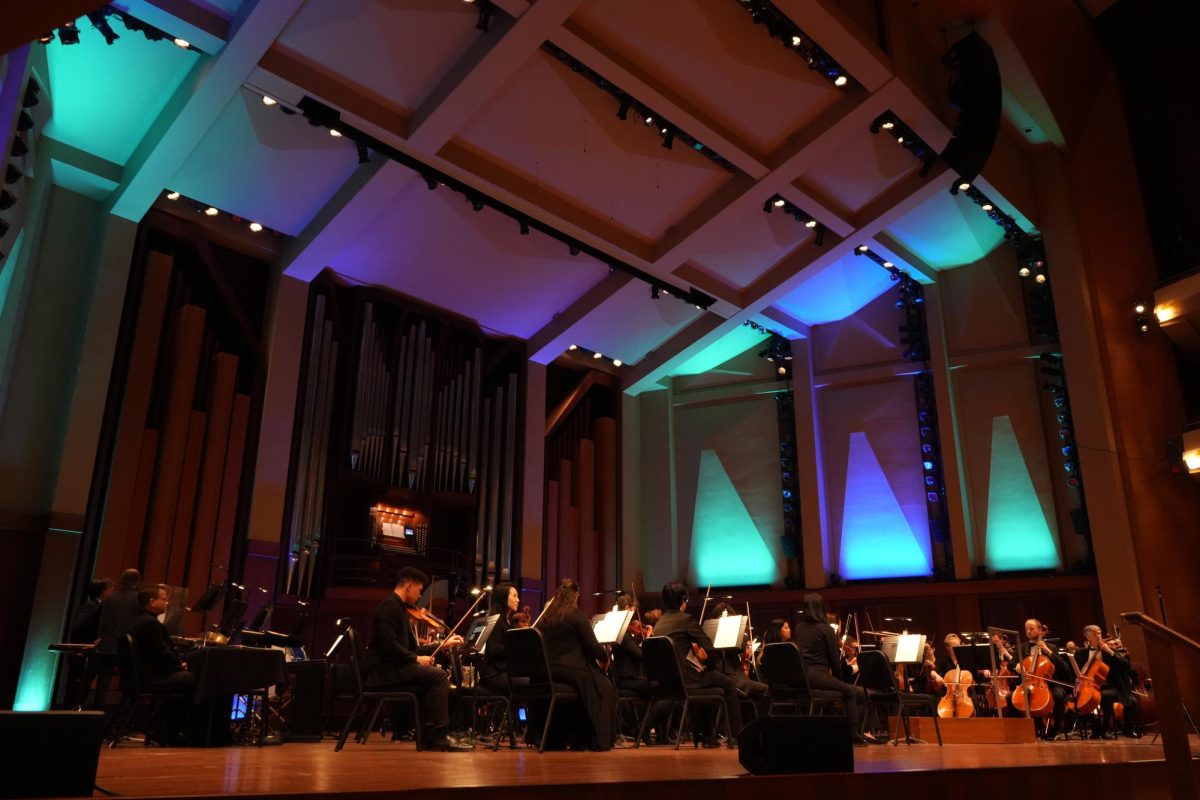Film is not just for dazzling love stories or dynamic action flicks—it has also become a popular medium to showcase important social issues. The film industry has magnified the power of a single voice and helped it create social change.
Seattle University will be joining in on this conversation this Friday as the Seattle U Social Justice Film Festival makes its big debut. Hosted by Campus Ministry, the festival gives student and local filmmakers the opportunity to showcase their short films in front of their colleagues, creating a creative space for students and audience members to discuss social issues.
“Seeing a movie, it sucks you in a lot,” said sophomore Jarrod Gallagher, event program coordinator for Campus Ministry. “It pulls you into the story, and that’s something that I believe students here really need. It’s pulling them into the issues going on in the world.”
Campus Ministry created the festival to promote a sense of community and awareness within the university. Though it originally started off as just an idea on a whiteboard, the festival has since grown into much more.
Gallagher first caught the idea for the festival through a filmmaking class.
“I got into documentary filmmaking through that and got interested in showing students [social justice] movies in that sense,” Gallagher said.
When the time came to pick a new Campus Ministry program, Gallagher’s mind swayed back to movies.
“We were kicking around ideas and I said ‘Let’s do a film festival,’” he said.
Rather than just holding a lecture and throwing problems in the audience’s faces, he felt that a film festival would engage students and create a safe and constructive environment in which to tackle these important issues.
At the end of the film viewings, faculty and staff from the film department and Campus Ministry will lead a discussion on the topics highlighted in the films.
“Seattle University’s mission is all about empowering leaders for a just and humane world,” Gallagher said. “People show up here with social justice in mind, or if they don’t, they develop a sense of justice, and I’m hoping to at least start a conversation.”
The films vary in topics to a large degree. A group called Brave New Films submitted “Bad Paper,” a film about veterans receiving less-than-honorable discharge for misconduct or inefficiency resulting from posttraumatic stress disorder. The film discusses injustices such as veterans with PTSD losing their benefits as a result of related behavior.
Local filmmaker Rafael Flores has also submitted his short film “23rd & Union,” which tells an adapted story about an Ethiopian restaurant owner at the corner of 23rd and Union who was murdered inside his restaurant. The film discusses themes of gentrification and the tension between young African-American men, Ethiopian immigrants and gay couples in the Central District.
“We actively sought out this film and I’m really excited,” Gallagher said. “The movie highlights the system of oppression that had made both of the people who they were and showed why the event unfolded the way that it did.”
Many of the films feature local topics of inequality. Among them is local filmmakers Brendan Thatcher and Bernard Mann’s “Those in Need,” which tells a poignant story about a homeless man who sells Real Change, a weekly newspaper which provides employment opportunities for the homeless.
The film focuses on a scene in which a pedestrian is hit by a car. The homeless man is there to help the man in need, building an unlikely friendship between the
two men.
“We both had a heart to do a positive, uplifting story about redemption, reconciliation and hope,” Thatcher said. “In our movie we can show this is a possibility.”
Thatcher and Mann said that they collaborate in harmony and can’t wait to share their message with Seattle U.
“What I like about filmmaking is that there is something that we talk about and create, but then other people can visualize and interpret it and learn from it—and that really inspires me,” Mann said.
The festival is this Friday, May 15 at 6 p.m. in Wyckoff Auditorium. The event is free and open to the public.
The editor may be reached at entertainment@su-spectator.com







